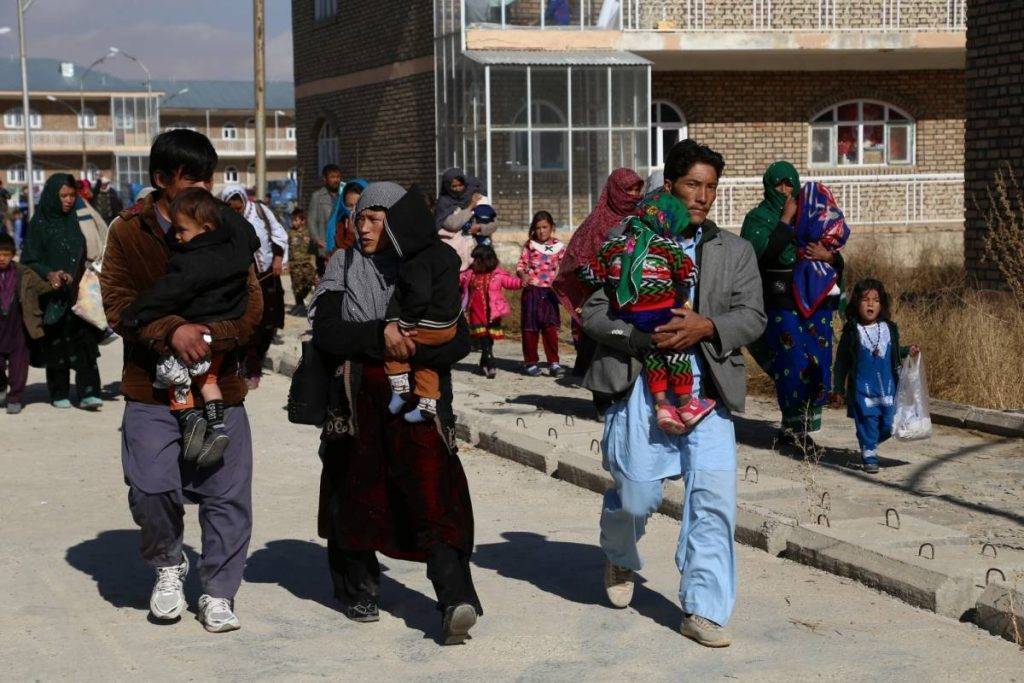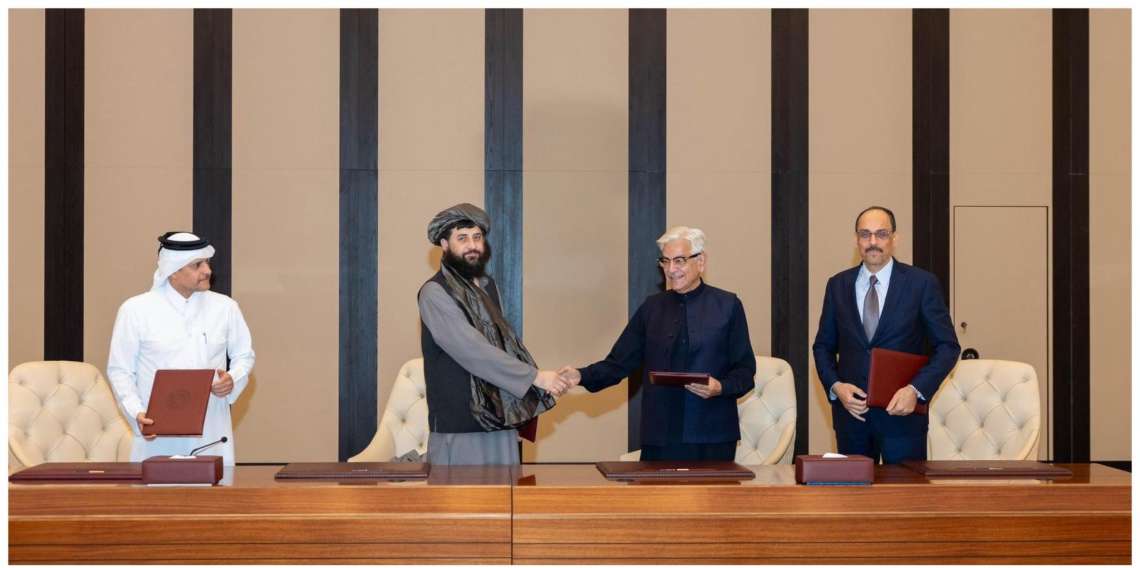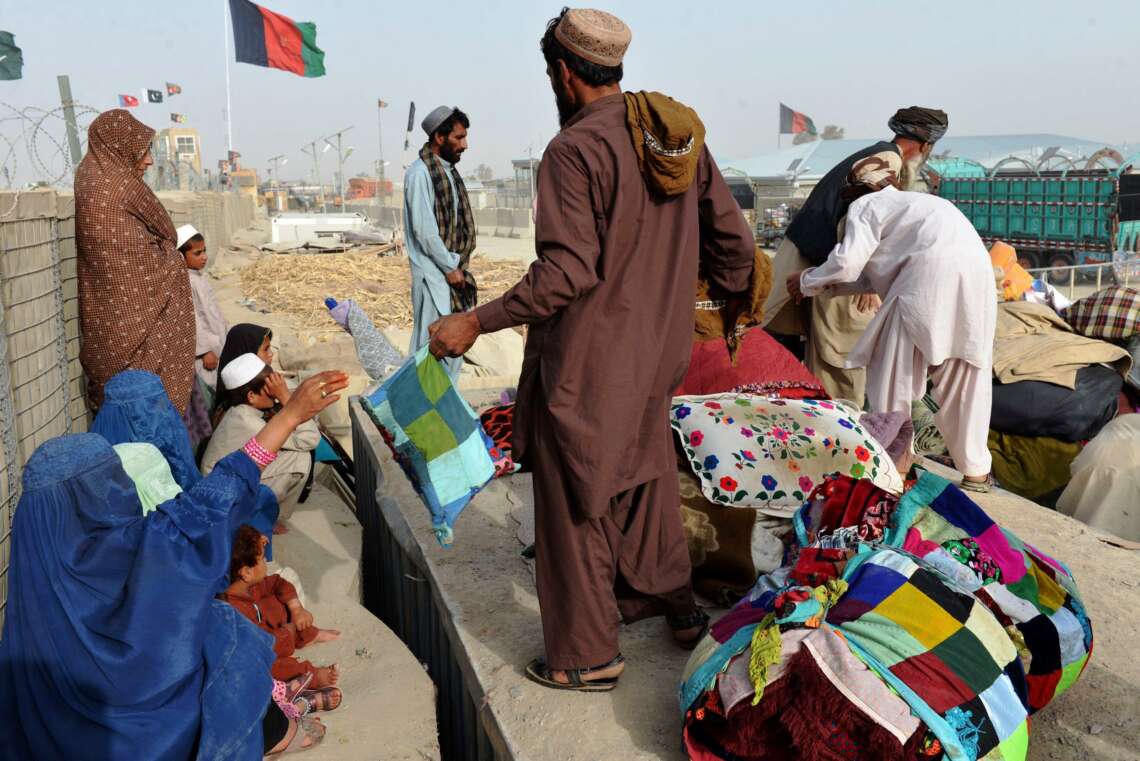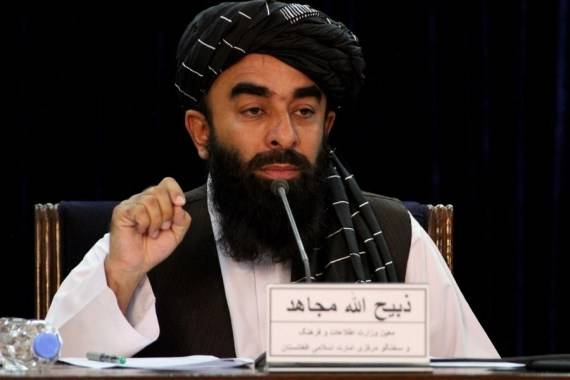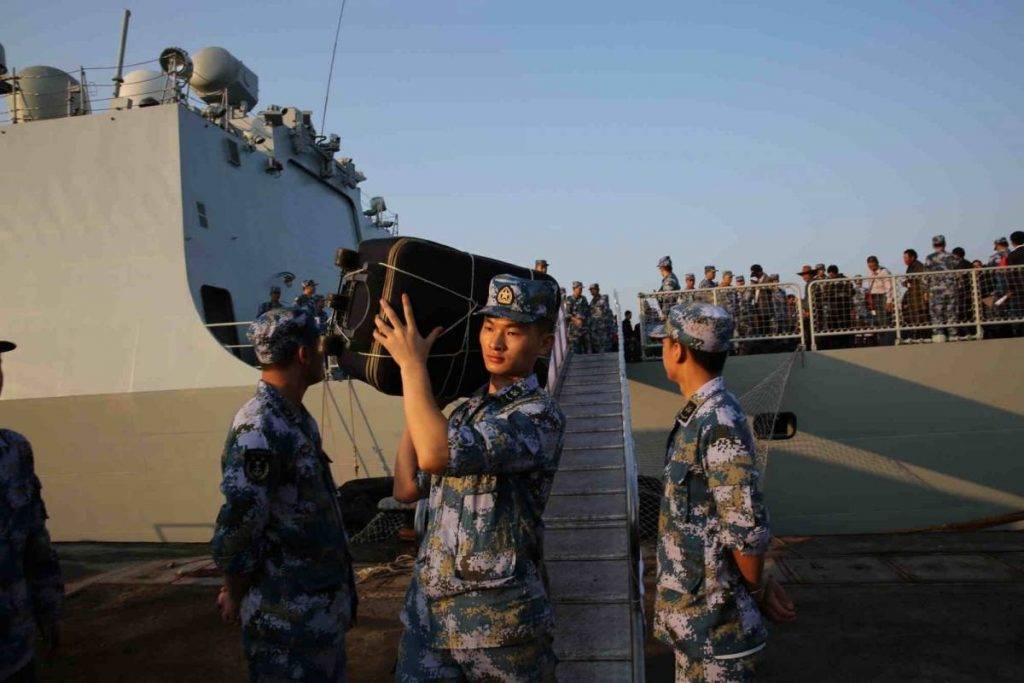The Afghans going to Iran cite severe economic problems and unemployment as the reason behind leaving the country….reports Asian Lite News
More than 3,000 Afghan people go to Iran every day due to unemployment, local media reported citing officials in Herat and Nimroz provinces of Afghanistan.
Notably, the number only constitutes the people who legally go to Iran from these provinces and might be far greater if it includes those crossing the border illegally, Tolo News reported.
The Afghans going to Iran cite severe economic problems and unemployment as the reason behind leaving the country.
“I don’t have a job and it has been several months that we are unemployed, we are going to Iran,” the media outlet reported quoting Farhad Sultani, a resident of Herat.
A resident of Faryab, Sultan Mir, said there is no work in Afghanistan and they are going to Tehran to find work.
In addition to the people travelling legally to Iran, over 3,000 people are smuggled daily through Nimroz province, first to Pakistan and then to Iran.
Further, the increasing number of Afghan citizens moving to Iran has also increased the deportation process of Afghan refugees from the country.
More than 2000 Afghans from Iran cross at the Islam Qala border area in Herat each day, the Afghan news agency reported, citing officials.
“The Islamic Emirate should address the people’s problems and their wishes and create an inclusive government. They should provide job opportunities so that the people can be saved from this misery,” Lutfullah, a resident of Ghazni said, according to the news agency.
The Taliban’s swift ascension to power in Afghanistan occurred in mid-August, triggering economic disarray and a dire humanitarian crisis in the country.
According to the United Nations, more than 24 million people in Afghanistan require lifesaving assistance.
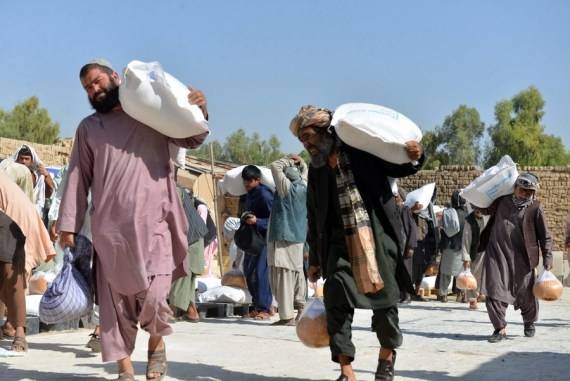
Chaman border still closed
A key border crossing in Chaman between Pakistan and Afghanistan is still closed two days after a deadly clash between the security forces of both countries that left at least three dead.
Hundreds of people were stranded on Saturday days after fighting between security forces, reported The Frontier Post.
Border tensions have risen since the Taliban’s return to power last year, with Pakistan alleging terrorist groups are planning attacks from Afghan soil.
The Taliban deny harbouring Pakistani terrorists and are also infuriated by a fence Islamabad is erecting along their 2,700-kilometre (1,600-mile) border, drawn up in colonial times and known as the Durand Line, reported The Frontier Post.
Each side blamed the other for Thursday’s fighting at the Chaman-Spin Boldak crossing.
Differences between the Taliban and Pakistan continue to persist over the issue of the Durand Line and bilateral relations between Pakistan and the Taliban are turning hostile over the issue of Durand Line and cross-border “terror activities” of groups like the Tehreek-e-Taliban Pakistan (TTP) against Islamabad.
Pakistan intends to bring the tribal areas near the Durand Line under its control and complete its Durand barbed wire fencing.
Following deadly attacks on Pakistani troops, the Pakistani military has launched an operation along the Durand Line near Afghanistan.
Notably, the Taliban have not accepted the Durand Line as the ‘official’ boundary between Afghanistan and Pakistan. (ANI)


